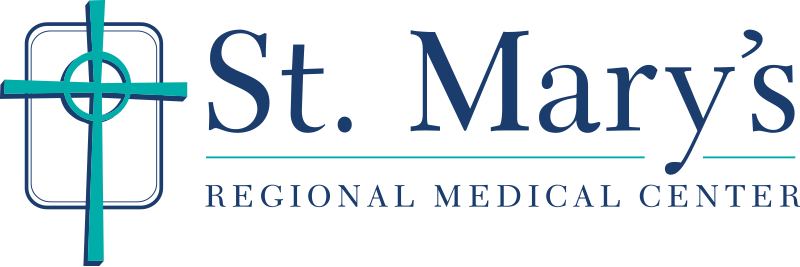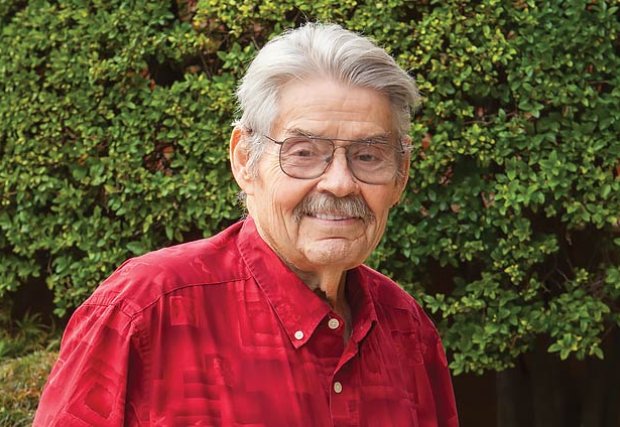Regular infusion treatments at the Congestive Heart Failure Center at St. Mary's give Homer Holden a mental and physical boost.
Homer Holden, who is 80 this year, had an aortic heart valve replacement in 1999. He had been doing well until about a year ago, when he began feeling the serious symptoms of congestive heart failure (CHF). This condition occurs when the heart muscle doesn't pump as strongly as it should. “I started experiencing pretty severe breathing problems,” Holden recalls.
His cardiologist, John Bartolozzi, MD, recommended he go to the Congestive Heart Failure Center at St. Mary’s for infusion treatments that can help his condition. He’s now a regular there. “It just rejuvenates me,” he says. “It does a wonderful job.”
Dr. Bartolozzi started the hospital’s Congestive Heart Failure Center about 16 years ago to provide treatment for patients like Holden, who are no longer being effectively helped by oral medications.
“If patients are on all the appropriate medications and are still symptomatic, that’s when the center can benefit them,” Dr. Bartolozzi says. “We give them medications that help their heart squeeze better and work more efficiently. It’s only available with an IV.”
For patients like Holden, this means spending four hours receiving infusion therapy, and a little extra time at the end of the treatment to be monitored by the staff. “What I like is that the staff asks you questions, and you get encouragement from the people around you,” he says. “You realize, hey, I’m not the only one,” he says.
The goal of the therapy is not to cure the condition, but to give patients a better quality of life, Dr. Bartolozzi explains. The center is staffed by ICU nurses who can also draw labs, monitor kidney function, listen to a patient’s heart and lungs, and perform other assessments. “That enables us to treat patients effectively,” Dr. Bartolozzi says. “People can live for years in the program, I think that’s because of how comprehensive it is.”
In order to be eligible for treatment in the center, patients must meet criteria based on American College of Cardiology/American Heart Association guidelines for the treatment of congestive heart failure. How often they go depends on their individual needs. Some patients go every month or six weeks; others go once or twice a week, Dr. Bartolozzi says. The therapy not only helps patients feel better but can also help them avoid being readmitted to the hospital for heart failure, Dr. Bartolozzi says.
For Holden, getting the therapy has given him a boost – mentally and physically. “I don’t like to sit around,” he says. “I’m a go getter.”
Could You or Someone You Love Have CHF?
Congestive heart failure (CHF) affects many different people, but if you have hypertension (high blood pressure) or a history of heart disease, such as a prior heart attack, you may be at higher risk, Dr. Bartolozzi says. Knowing the signs and symptoms is important. Treatments are more effective if CHF is diagnosed earlier, Dr. Bartolozzi says.
Seek an evaluation right away if you notice these symptoms of CHF:
• Shortness of breath and fatigue
• Swelling of the legs and feet
• Trouble breathing when lying down
Learn more about the Congestive Heart Failure Center at St. Mary's >
For more information about the Center, call 580-249-3864.


